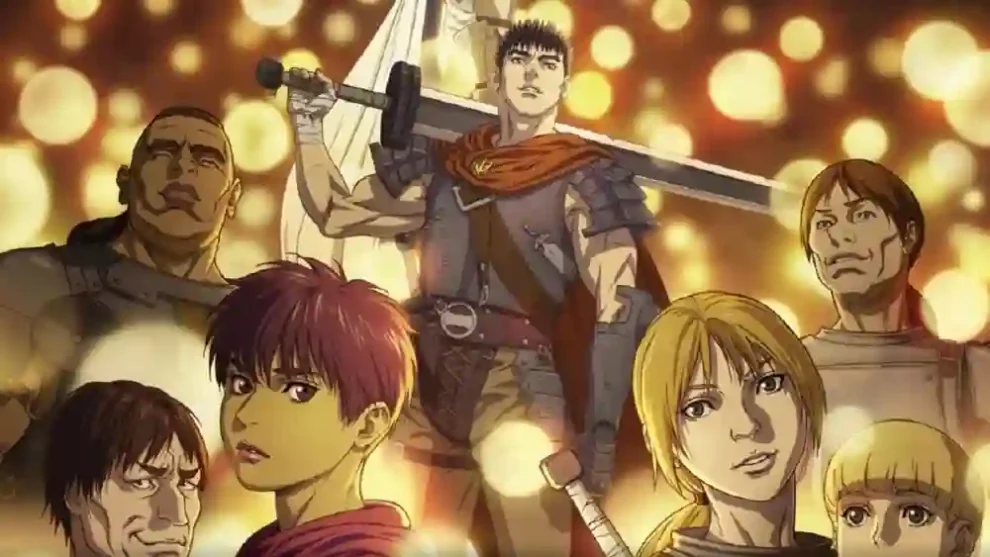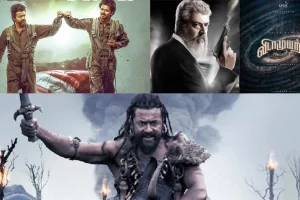In the dark and harrowing landscapes of Kentaro Miura’s Berserk, morality is a complex tapestry woven with shades of gray. The narrative unfolds against a backdrop of relentless warfare, demonic entities, and the ceaseless pursuit of power. In this article, we delve into the intricate web of moral ambiguity within Berserk’s dark fantasy world, exploring the challenges faced by its characters as they navigate the treacherous paths of ambition and despair.
The Shifting Sands of Morality:
At the heart of Berserk lies a narrative that refuses to adhere to conventional notions of morality. The world is a brutal and unforgiving place, where survival often demands morally ambiguous choices. Miura crafts a universe where characters are confronted with decisions that challenge the very fabric of traditional ethical frameworks.
The shifting sands of morality in Berserk serve as a reflection of the harsh realities of its world. The characters, be they human or demonic, are forced to grapple with circumstances that defy easy categorization as either good or evil. This moral ambiguity adds layers of complexity to the narrative, compelling readers to question their own preconceived notions of right and wrong.
Ambition and the Corrosion of Morality:
Berserk’s exploration of morality is intrinsically linked to the theme of ambition—a driving force that propels characters toward both greatness and damnation. The pursuit of power, whether for personal gain or the greater good, becomes a crucible where morality is tested and often distorted.
Griffith, the charismatic and enigmatic leader of the Band of the Hawk, embodies the complexities of ambition in Berserk. His unyielding desire for a kingdom of his own leads him down a path paved with moral compromises. The Eclipse, a cataclysmic event central to the narrative, underscores the toll Griffith’s ambition takes on the moral fabric of the world, blurring the lines between sacrifice and selfish ambition.
Guts, the series’ protagonist, grapples with his own form of ambition—a relentless pursuit of revenge against those who betrayed him. As Guts carves a bloody swath through both human and supernatural adversaries, the moral high ground becomes increasingly elusive. The juxtaposition of Guts and Griffith serves as a poignant commentary on the corrosive nature of ambition and its impact on individual morality.
Survival and the Desperation of Morality:
In a world where survival is a constant struggle, morality becomes a luxury that few can afford. The Band of the Hawk, once a noble band of mercenaries, is faced with the harsh reality that their survival depends on aligning with powerful and morally dubious entities. The choices made in the name of survival force characters to confront the fragility of traditional moral boundaries.
The God Hand, a group of demonic entities central to the narrative, offers power and salvation at a staggering cost. Characters like Griffith, faced with the desperation of their circumstances, make Faustian bargains that challenge the very essence of their morality. The narrative invites readers to contemplate the compromises individuals make when faced with the harsh imperatives of survival in a world tainted by darkness.
Casca’s Tragedy: A Moral Exploration of Violation and Loss:
Casca, a central character in Berserk, becomes a tragic embodiment of the moral complexities within the narrative. Her assault during the Eclipse is a harrowing exploration of violation and loss, raising profound questions about the nature of morality in the face of unspeakable trauma.
The Eclipse serves as a crucible where the moral fabric of the characters is tested to its limits. The violation of Casca becomes a pivotal moment that challenges the very foundations of empathy, morality, and the capacity for redemption. Berserk forces readers to confront the uncomfortable reality that morality, in the face of overwhelming darkness, can be a fragile construct.
The Eclipse as a Metaphor for Ethical Abyss:
The Eclipse, beyond its visceral horror, serves as a metaphorical descent into an ethical abyss. The events that transpire during this cataclysmic ceremony are a stark reminder that in a world governed by demonic entities and human ambition, moral certainties can be shattered. The Eclipse becomes a narrative space where characters confront their own morality—or lack thereof—in the face of existential threats.
Miura’s narrative genius lies in his ability to use the fantastical elements of Berserk to reflect and refract ethical dilemmas relevant to our own world. The Eclipse, with its supernatural horrors, prompts readers to ponder the fragility of morality when confronted with overwhelming darkness and despair.
Conclusion:
Berserk’s exploration of morality in a dark fantasy world is a testament to Kentaro Miura’s narrative prowess. The series challenges readers to navigate a moral labyrinth where choices are rarely clear-cut and the consequences of actions reverberate through the fabric of the narrative. Through the characters’ struggles with ambition, survival, violation, and loss, Berserk invites readers to confront the shadows that lurk within the human psyche.
As we traverse the morally complex landscapes of Berserk, we are reminded that the series is not a mere tale of heroes and villains but a profound meditation on the intricacies of ethical decision-making. In the crucible of Miura’s dark fantasy, morality becomes a malleable substance, shaped and reshaped by the relentless forces of ambition and despair. The enduring legacy of Berserk lies not just in its visceral battles and supernatural horrors but in its exploration of the moral landscape—the intricate dance between light and shadow within the human soul.





















Add Comment